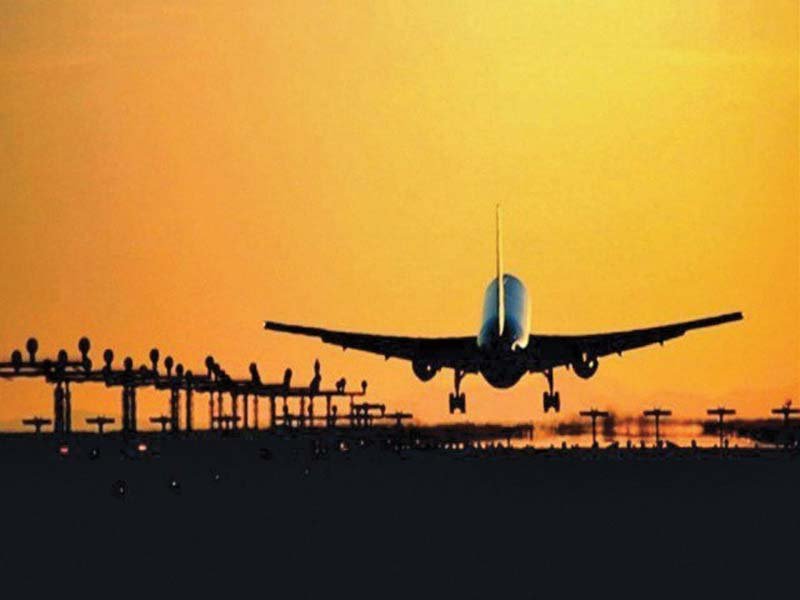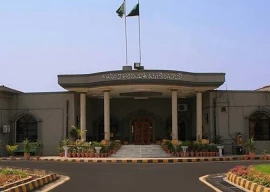
Airblue received first of its four Airbus 321s on Sunday and hopes to make it operational within a week. The 220-seat all economy configured jet will help the airline resume its UK flight operation.
"We will be getting the second aircraft on February 26 or 27," said Raheel Ahmed, Airblue's director corporate planning. "The other two will soon follow over the next few weeks."
PIA passengers in limbo as strike continues
In the latest aviation policy, the government has waived duties and taxes on import of aircraft and spare parts in a bid to boost the industry. But officials say decrease in jet fuel price has also increased airlines' appetite for fleet expansion.
Airblue, which currently operates three A321s, will have a fleet of seven aircraft once the induction process is completed. But the airline is also using a few aircraft on wet lease to meet its immediate requirements.
On the contrary, Shaheen Air International (SAI) also expects to receive the first of its four Airbus 330-200s in the last week of this month.
"The other three will arrive in March, April and June. These are long-range aircraft capable of covering a distance of 13,000 kilometres," said a senior SAI executive. "We are looking to add more international destinations, including Manchester, soon."
Shaheen plans to ultimately increase its fleet size to 17 aircraft by mid of the current year.
International passenger traffic from Pakistan has seen a steady growth of 5% to 7% but air travel on domestic routes has been held back by high taxation, says Junaid Khan, managing director of Airblue.
Stuck in the middle: Travel plans go up in air
"The main reason for fleet expansion is the new aviation policy and the exemption of custom duty on new aircraft. That has been a bigger motivating factor than low oil price," he said.
But the government taxes, which make up 35% of the domestic ticket price, have been a worry for the airlines.
The newest domestic airliner Air Indus, which has been facing problems for the past few months, has also wet leased a Boeing 737-800 and is awaiting necessary checks before its operation starts.
Expansion bid of private carriers has coincided with turmoil in the national flag carrier, the Pakistan International Airlines (PIA), which has cancelled hundreds of flights in the past week following a union strike.
Pakistan adopted an ‘Open Skies’ policy in the 1990s, allowing competition on domestic routes and giving broader access to foreign airlines. More than 20 licences were issued to airliners but none except Shaheen Air survived while Aero Asia, Bhoja Air and others succumbed to financial troubles.
A capital-intensive business, airlines are often run and sponsored by people who do it more for the charm and prestige of it than its return on capital, which takes years to come. The risk-averse nature of Pakistani banks has not helped the airlines either. A narrow-body jet is leased for around $50 million.

1725612926-0/Tribune-Pic-(8)1725612926-0-165x106.webp)








1725254039-0/Untitled-design-(24)1725254039-0-270x192.webp)






COMMENTS
Comments are moderated and generally will be posted if they are on-topic and not abusive.
For more information, please see our Comments FAQ